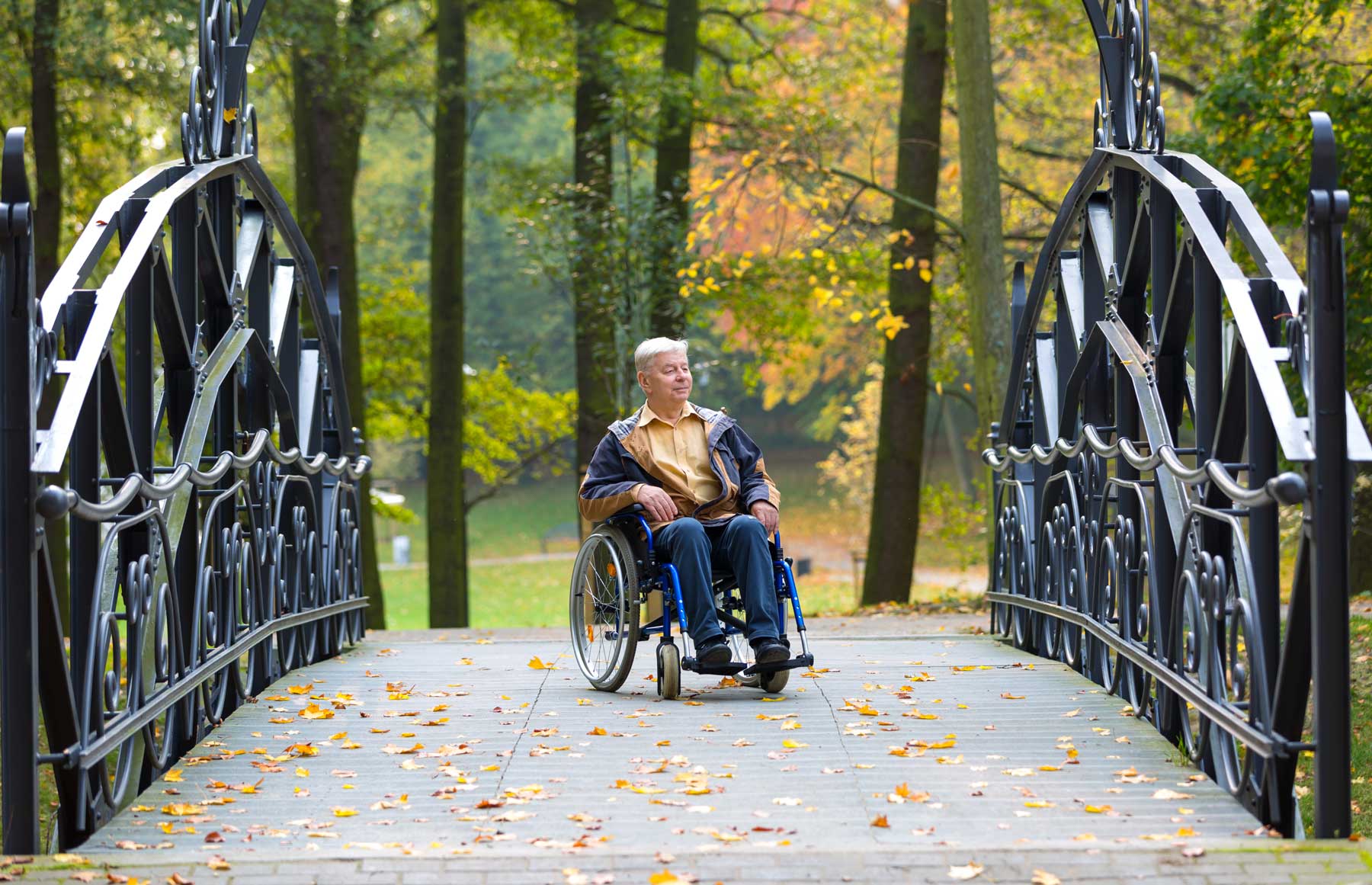Well, here we are 18 months from the onset of the COVID pandemic, and it’s fair to say, everyone in Australia is well and truly over it.
But here’s the thing about the spinal cord injury community. When it comes to coping with challenging circumstances, we’ve consistently shown just how resilient we can be.
However, we do know that lockdown fatigue is setting in, so we’ve put together some helpful tips to help you manage lockdown stress.
How do I know if I’m stressed?
Sometimes we’re too busy doing day to day life to even recognise when we’re stressed, and it might be something we don’t acknowledge until it becomes overwhelming.
The most common physical and emotional signs of stress are:
- A lot of nervous energy. You’re feeling restless
- Fast breathing or the feeling that your heart is beating faster than usual
- You can’t relax or you’re not sleeping well
- Your mind is racing with too many thoughts and worries about the future
- You’re feeling irritable and generally unwell
Tips to avoid going ‘loco’ in lockdown
- Keep up your exercise and fitness routine: With many of us stuck in home in lockdown, any incidental exercise you may have enjoyed from just being out and about has gone. Get creative and think of ways to adapt any previous fitness and exercise routines you did to your home environment. Even though it’s more of a challenge right now, staying on top of your fitness is crucial for your physical and mental wellbeing. Check out this article about some exercises you could try at home.
- Here comes the sun. You can almost feel spring in the air, and with that comes more sunlight and warmer days. Scientific research tells us that being in the sunshine improves your mood, and let’s face it, a natural mood booster is something we all need right now. If the weather’s on your side, try and get a dose of sunlight every morning. It’s not only a positive way to start your lockdown day, it also has many health and wellness benefits. Sunshine boosts your body’s level of serotonin, which is a chemical that improves your mood and helps you stay calm and focused. Vitamin D is also critical for your immune system, and with consistent exposure to sunlight, you can help strengthen it.
- Catch some rays and zzz’s: In times of heightened stress and anxiety, getting a good night’s sleep can be difficult. Research indicates that an hour of natural light in the morning can help you sleep better. Sunshine regulates your circadian rhythm by telling your body when to increase and decrease your melatonin levels. Melatonin is critical to helping you sleep and lowers stress reactivity.
- Turn off the news: With hourly updates, daily press conferences and rising hysteria about what’s going on with the virus, it’s almost impossible to avoid bad news. But many mental health experts are telling us that restricting our exposure to troubling news is the best way to stay in a positive frame of mind. Yes, we can find out the important facts such as the latest about restrictions, health advice and government support, but after that, take a break and get into something lighter and brighter.
- Stimulate your mind. Get involved in activities that take your mind off the day to day. Read a book, devour a magazine, update your Spotify playlist, binge your favourite TV shows, take up a new hobby, get creative with painting or writing.
Mind your mindfulness
According to many psychologists, practicing mindfulness is one of the best things you can do to reduce stress and anxiety. And in times like these, anything we can to improve our mental state will go a long way to helping us get through lockdown and beyond. We’ve compiled a list of a few mindfulness apps recommended by psychologists.
Finally, remember you don’t have to go through this alone. Seek out other people in the spinal cord community. Look for online forums and chat groups where others are sharing their stories and join in the conversation.
